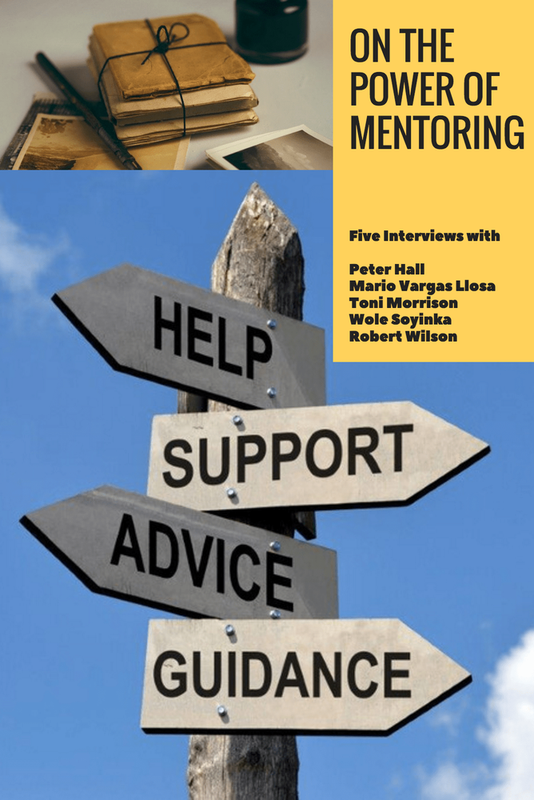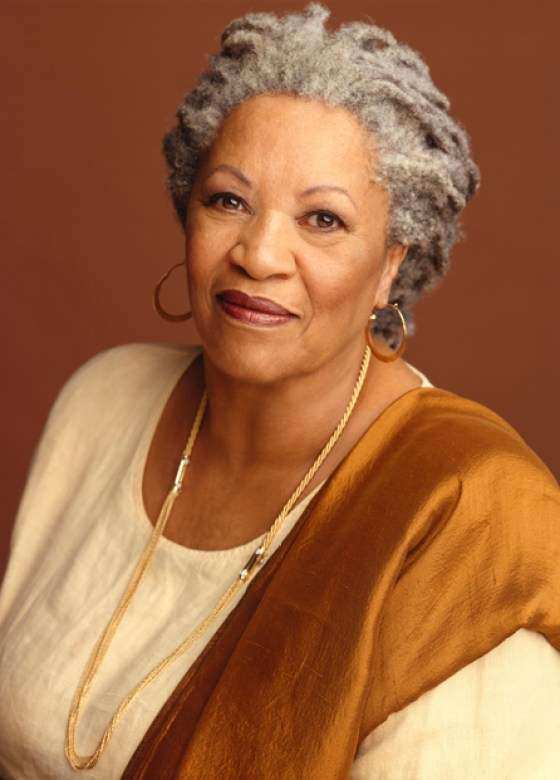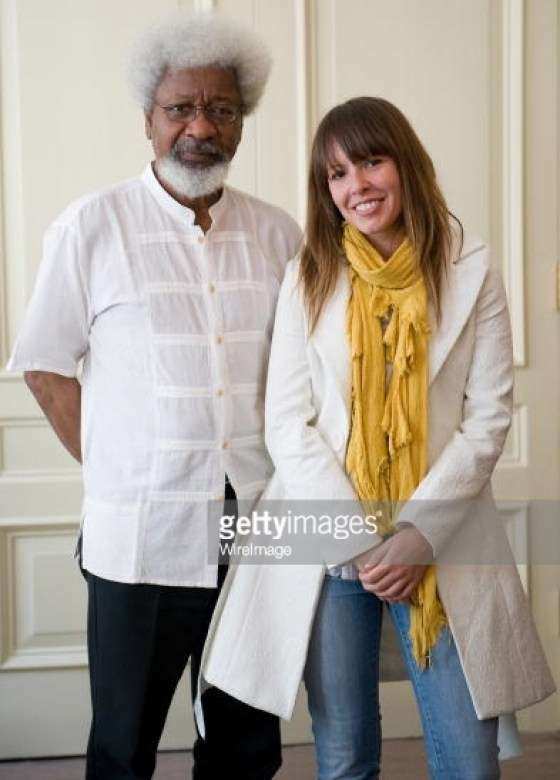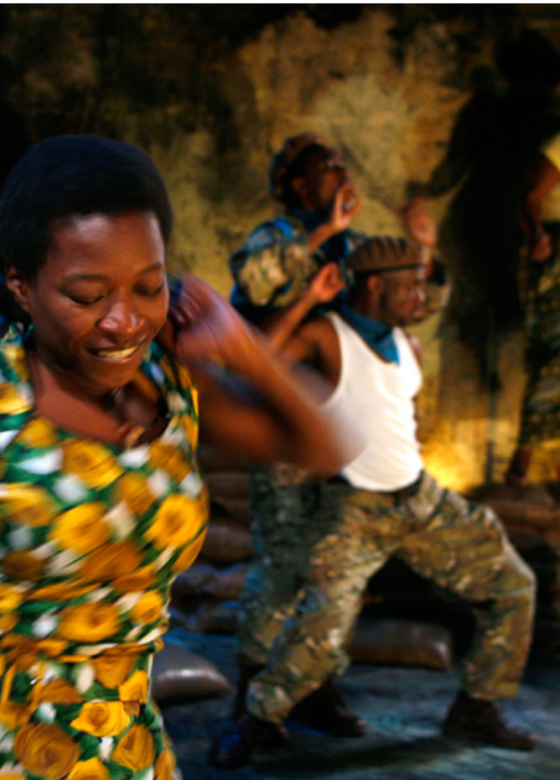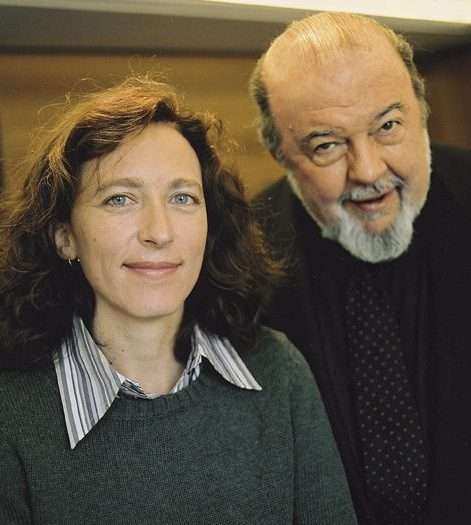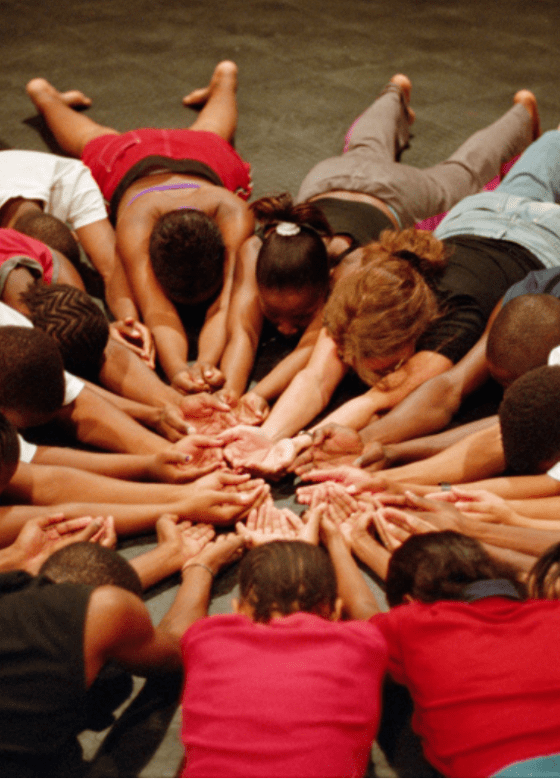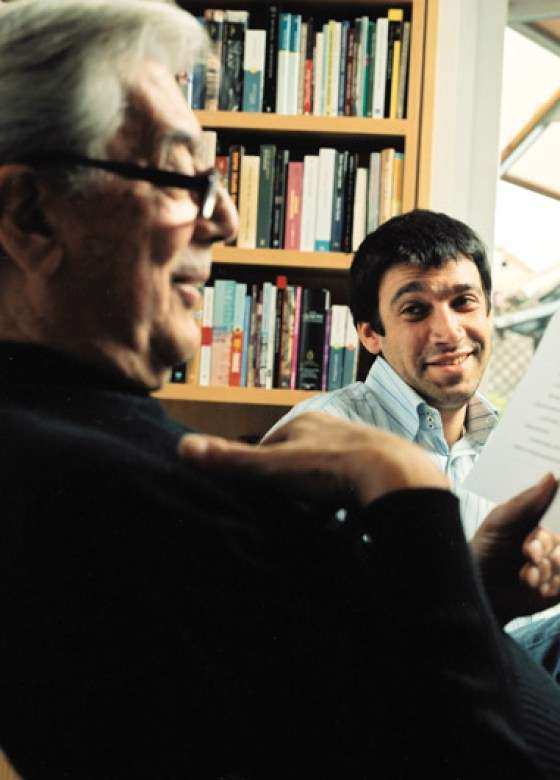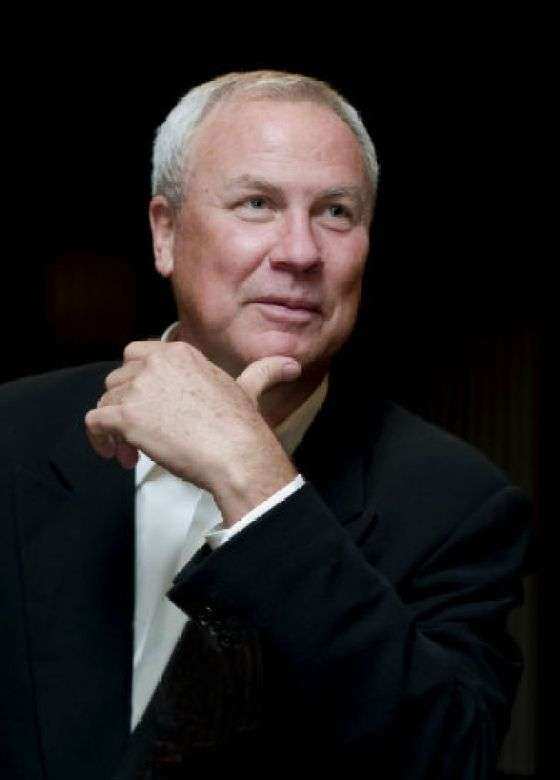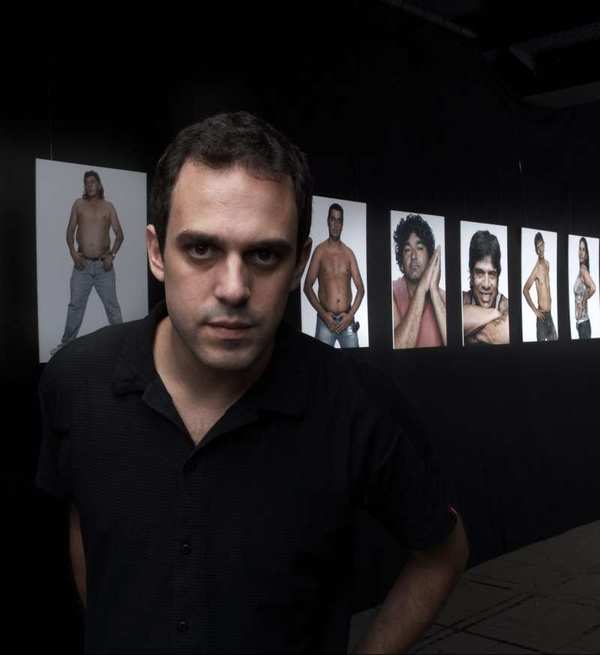By Randy Gener
Mentorships are set up between two people who meet regularly on a volunteer basis. A mentee is ready to accomplish whatever they are setting out to do. What they need is someone who has been where they want to go, and can reassure them when inevitable obstacles pop up.
As well as knowledge, wisdom, professional resource and experience, mentors provide mentees with a sounding board, someone they can bounce ideas off.
5 Examples of High-Impact Mentoring
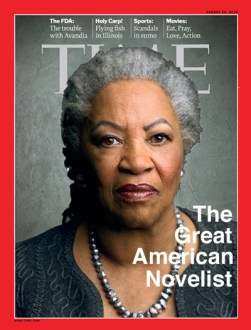
[Y]ou will find in this Fall 2019 Issue 5 interviews with some of the greatest writers and artists in the world — a number of them are Nobel Prize winners in Literature. Toni Morrison, Mario Vargas Llosa, Wole Soyinka, Robert Wilson and Peter Hall. Please read them, and if you like them, then share these interviews with young people.
No mentor should ever have to work with youth in a vacuum, we’ve learned from these 5 interview about matching mentors with proteges. Help should always be available when necessary. Initially, the first training session before a mentor is matched with youth is a time for mentors to learn about program policies and procedures, how to build self esteem in youth, issues around confidentiality, mandated reporting of abuses, gift giving, resources available to assist mentors, physical contact, how to resolve conflicts and many tips on what to do during each session.
Tweet this quote:
In conversation with mentors,
you’re simply collecting data from trusted sources
who will help you make the end decisions.
How are mentors and mentees matched? Is it based on common interests, same gender, or what other criteria? What is the age of the mentee with whom I will be working? Do I have choices in that regard?
Will you make a good mentor? Questions to ask yourself.
[T]he mentorship model of instruction is based on the Socratic method—a model that has existed throughout the history of education, in such strongholds of Western civilization as the monastery and the Renaissance painters’ guild.
Typically, mentors are caring adults—they do not have to have a background in teaching or youth development to be a good mentor. They just have to care and be good listeners, offering support and encouragement.

Mentors are:
- good listeners
- confidential in all matters relating to their mentee
- tolerant, non-judgmental
- reliable
- consistent
They also:
- possess good communication skills
- do not interfere with program policies and procedures
- have a good sense of humor
- act as sounding board for ideas/concerns about school/career choices
- provide insights into possible opportunities
- provide support on personal issues if appropriate.
Tweet this quote:
Mentoring is a perfect fit for
the sharing economy.
@cultureofoneworld

Build Relationships, Mentoring is All About Relationships
[T]here are many qualities that good mentors possess. Yet two stand out as being more important than the rest. The first is a commitment of time. If a mentor makes a time commitment to a youth, it is important to keep that agreement. When a reliable mentor shows up when they are supposed to, you are providing youth with the consistency and dependability that is often lacking in their lives.“No shows” are not allowed. Yet mentoring is flexible and many mentoring programs have built in procedures to notify youth when a mentor is unable to make a scheduled meeting and vice versa.

Tweet this quote:
Collect as much information as you can
from mentors, but always trust your gut
in making the final decision.
@cultureofoneworld.
The other quality is patience. Often a mentor eagerly wants to observe dramatic results overnight in a youth as a result of their involvement and efforts. But it sometimes takes much longer than overnight to begin to see positive results. Patience is a virtue in mentoring.
Tweet this quote:
Make sure you’re ready to be mentored
before you decide to find a mentor.
[M]entoring programs today follow quality guidelines, standards of excellence in mentoring. Each prospective mentor goes through a selection process in order to be chosen for this worthwhile and honored role.
It includes, at a minimum, completion of an application to become a mentor, employment reference checks, an inquiry about a mentor’s interests, character reference and a criminal background check. These procedures begin a process to match interested individuals with youth who are waiting for your support. — rg
Who would you want to mentor you?
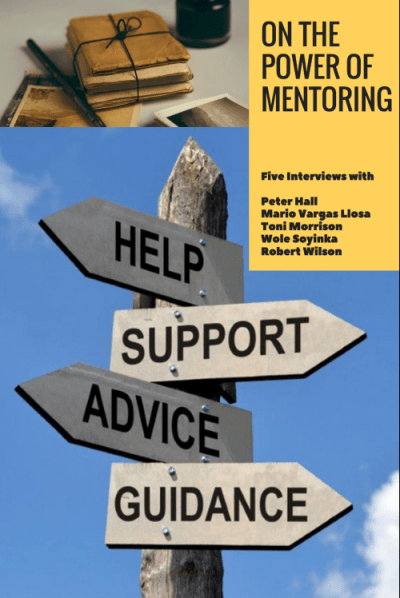 WHO MENTORED YOU? | Five big-name mentors on how they chose their protégés (11/6/2023) - How are mentors and mentees matched? Is it based on common interests, same gender, or what other criteria? What is the age of the mentee? Listen in to Toni Morrison, Wole Soyinka, Mario Vargas Llosa, Peter Hall and Robert Wilson. Read more...
WHO MENTORED YOU? | Five big-name mentors on how they chose their protégés (11/6/2023) - How are mentors and mentees matched? Is it based on common interests, same gender, or what other criteria? What is the age of the mentee? Listen in to Toni Morrison, Wole Soyinka, Mario Vargas Llosa, Peter Hall and Robert Wilson. Read more... in the culture of MENTORING | Sir Peter Hall and Protégé Lara Foot (5/15/2016) - Although Lara Foot of South Africa has already made great strides, she regards becoming the protégée of Sir Peter Hall as “the opportunity of a lifetime.” “This gave me the chance to extend my skill as a director,” she said. “The theatre industry in South Africa is struggling, and it desperately needs to be nurtured.” Read more...
in the culture of MENTORING | Sir Peter Hall and Protégé Lara Foot (5/15/2016) - Although Lara Foot of South Africa has already made great strides, she regards becoming the protégée of Sir Peter Hall as “the opportunity of a lifetime.” “This gave me the chance to extend my skill as a director,” she said. “The theatre industry in South Africa is struggling, and it desperately needs to be nurtured.” Read more...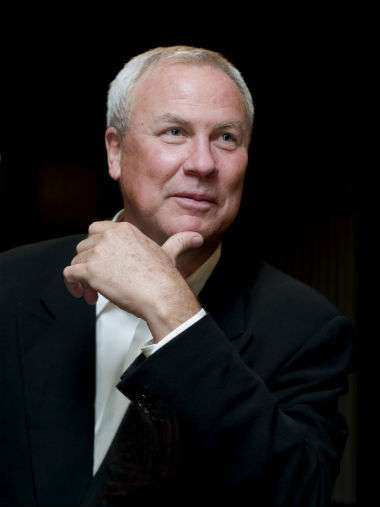 in the culture of MENTORING | Robert Wilson and Protégé Federico León (5/13/2016) - What, for the love of Bacchus, did the avant-garde director Robert Wilson possibly know about writing — in Argentinian-Spanish language? The pairing of Wilson and dramatist Federico Leon puts you in a querulous mindset when it comes to suitably matching mentor with protégé. Read more...
in the culture of MENTORING | Robert Wilson and ProtĂ©gĂ© Federico LeĂłn (5/13/2016) - What, for the love of Bacchus, did the avant-garde director Robert Wilson possibly know about writing — in Argentinian-Spanish language? The pairing of Wilson and dramatist Federico Leon puts you in a querulous mindset when it comes to suitably matching mentor with protĂ©gĂ©. Read more... in the culture of MENTORING | Mario Vargas Llosa and ProtĂ©gĂ© Antonio GarcĂa Ă?ngel (4/27/2016) - "Of course, the major mentors were certain writers. I think in the early 1950s it was French and American literature — in my case, Faulkner. I think Faulkner was the first writer I read with a pen and a piece of paper, trying to devise the way in which he organized time, space, points of view." Read more...
in the culture of MENTORING | Mario Vargas Llosa and ProtĂ©gĂ© Antonio GarcĂa Ă?ngel (4/27/2016) - "Of course, the major mentors were certain writers. I think in the early 1950s it was French and American literature — in my case, Faulkner. I think Faulkner was the first writer I read with a pen and a piece of paper, trying to devise the way in which he organized time, space, points of view." Read more...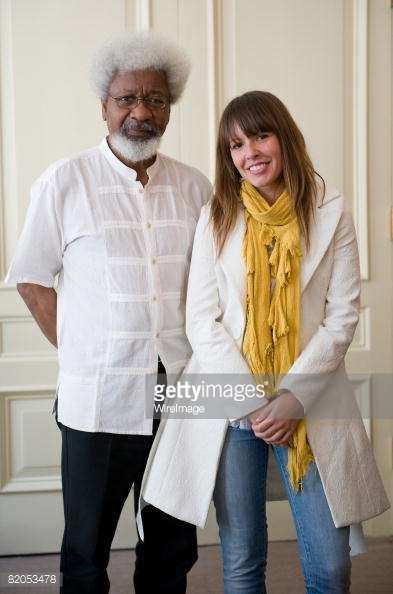 in the culture of MENTORING | Wole Soyinka and ProtĂ©gĂ© Tara June Winch (4/26/2016) - Soyinka says about Winch, "She has one unfair advantage — with me, that is — of being a single mother. It struck me that she needed the break more than the others. Unfair to the others, I admit, and even irrational." Read more...
in the culture of MENTORING | Wole Soyinka and Protégé Tara June Winch (4/26/2016) - Soyinka says about Winch, "She has one unfair advantage — with me, that is — of being a single mother. It struck me that she needed the break more than the others. Unfair to the others, I admit, and even irrational." Read more...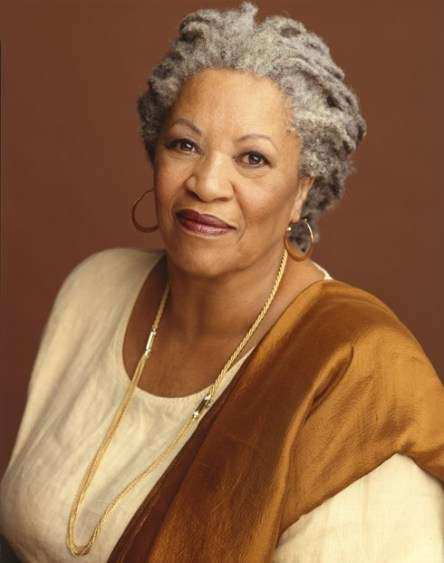 in the culture of MENTORING | Toni Morrison and Protégé Julia Leigh (4/25/2016) - “I’m not a chatty mentor,“ says Toni Morrison. “I’m a working mentor. I can’t talk about nothing. I have to have stuff. It’s not like working with a dancer, who comes in to the teacher every day and can be told: �Straighten your leg’.” Read more...
in the culture of MENTORING | Toni Morrison and Protégé Julia Leigh (4/25/2016) - “I’m not a chatty mentor,“ says Toni Morrison. “I’m a working mentor. I can’t talk about nothing. I have to have stuff. It’s not like working with a dancer, who comes in to the teacher every day and can be told: �Straighten your leg’.” Read more...


